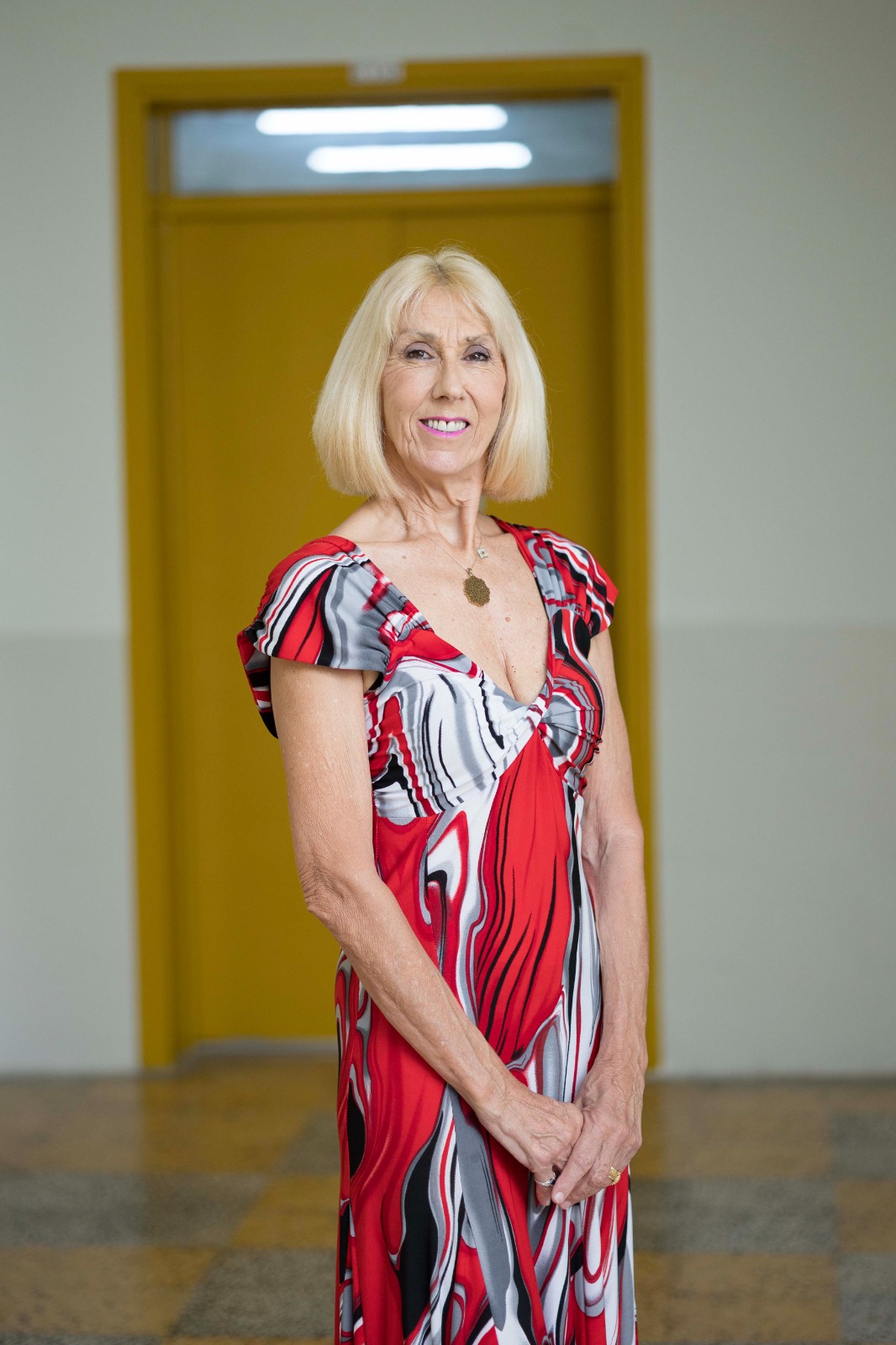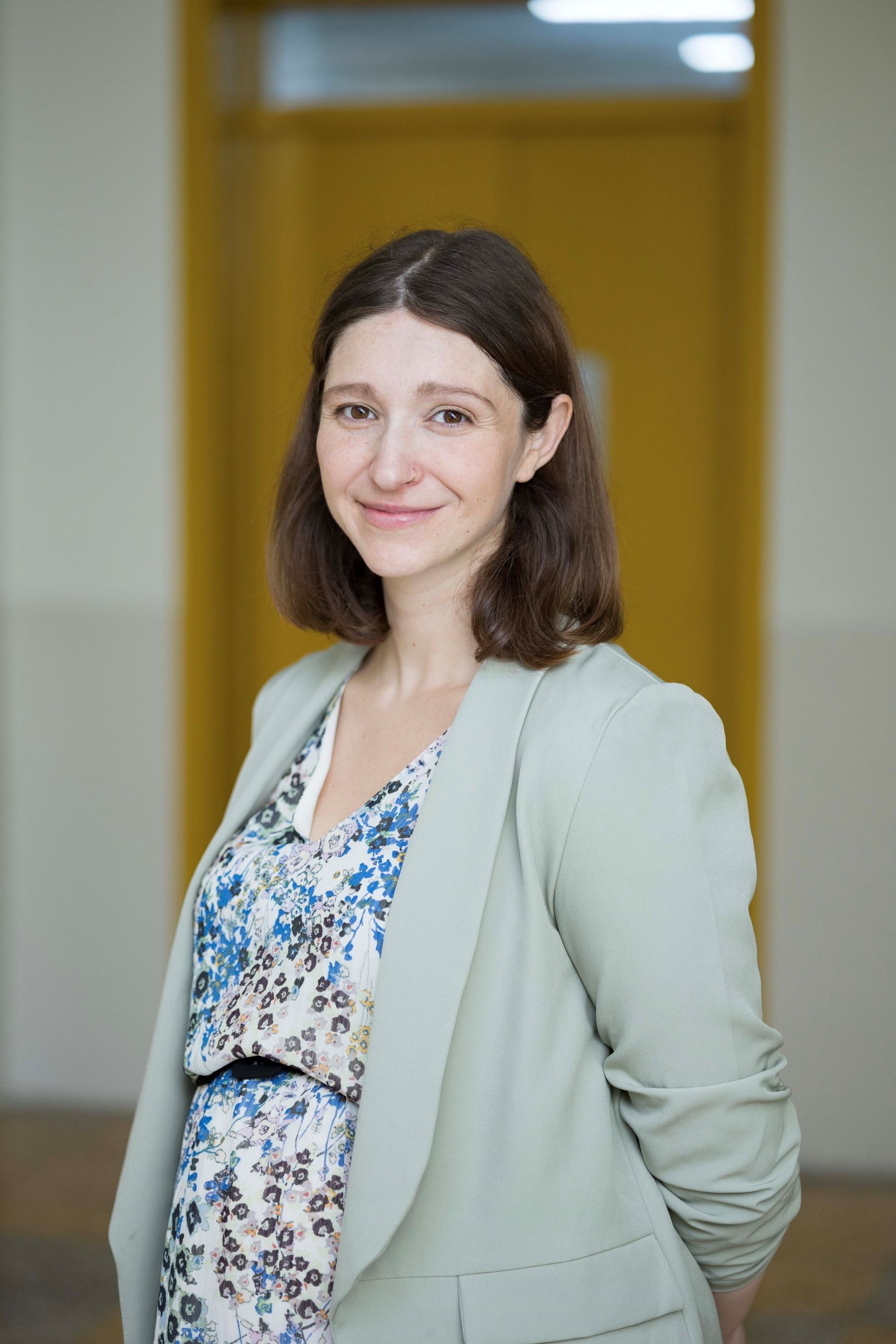Breaking boundaries in arts management and infrastructure, the National Agency for the Performing Arts (NAPA) is set to provide a joint legal, administrative and organisational framework for KorMalta, TeatruMalta and ŻfinMalta.
The newly-formed public cultural organisation (PCO) will provide a strong administrative foundation that allows these three national companies to produce their best work while offering the best possible conditions to its members and collaborators. The three entities will now operate with increased accountability and transparency, making NAPA a beautiful example of collaboration within the arts.
NAPA is led by an executive team composed of CEO Dominic Galea and a director for administration, a structure that’s intended to foster a strong administrative and strategic backbone. Complementing this direction are the three artistic directors from KorMalta, TeatruMalta and ŻfinMalta, who together will create a platform of conversation that brings varied experience to the daily administration and foreplaning.
Mr Galea describes the new venture as a historic example where three entities with similar challenges and opportunities are working together not only on an administrative level, allowing each other space to develop their operations, but also on an artistic level. He defines three top priorities for the coming years: collaboration, infrastructure and human resources.
“The cultural and creative industries are often criticised for working in silos, but NAPA is challenging this perception. Our artistic directors are finding areas of convergence, support, and innovation, while maintaining each entity’s distinct characteristics. We want collaboration to be ingrained within our very operative framework, between our companies, with other public cultural organisations (PCOs) and other executives. Working together, we can give this sector the attention it deserves,” he starts off.
Mr Galea names infrastructure as the second priority, particularly in terms of identifying adequate rehearsal venues. This, he says, has been on the national agenda for well over a decade. Now, it’s set to become reality through the creation of a Rehearsal Hub that will offer NAPA members safe, adequate and sustainable working conditions.
“We also intend to offer learning opportunities for students in the creative industries. We are in conversation with the government to provide performing artists more stable working conditions in the sector. The aim is for students within the educational system to aspire to become performing artists, and to have sufficient opportunities to embark on a career in the arts in Malta,” he elaborates.
He believes that this founding a permanent home will be one of this agency’s biggest challenges, one that they’re trying to overcome through collaboration with other entities like MCAST. The other “obvious” challenge is financial.
“We have three very ambitious artistic directors, and an equally ambitious executive team. Yet, we have one of the smallest budgets for PCOs. We are currently overcoming this through collaboration, making the best use of our resources and lobbying,” he states.

Alison White, NAPA Chairperson
His words are echoed by Alison White, who has taken on the role of chairperson. She believes that the recently-formed organisation can play a vital role in democratising access to the performing arts and ensuring that they remain relevant and accessible to diverse Maltese communities, regardless of their background or location.
“We are working on developing outreach programs that bring performing arts into local communities, including underrepresented areas, using public spaces as venues. This ensures that performing arts are not limited to traditional theatres but integrated into everyday life. We aim to create work reflecting our communities’ stories, histories, and contemporary realities by working with local artists and communities,” she explains enthusiastically.
She sees NAPA evolving into a meaningful contributor to Malta’s cultural landscape, inspiring evolution while working to preserve Maltese cultural identity and foster creative innovation.
“NAPA was created to support the creative economy and position Malta as an integral part of the global arts conversation, and nurturing future generations of artists is part of it. We aim to provide emerging artists with access to professional development and training opportunities,” she continues.
Planned initiatives include workshops, masterclasses and seminars led by experienced local and international artists, emphasising building core skills in acting, music, dance and other performing arts disciplines. And this year saw the launch of the PCO’s first programme, a major artistic collaboration between KorMalta, TeatruMalta and ŻfinMalta as part of the year-long celebrations for the 100th anniversary since the birth of literary giant Francis Ebejer.

Christabel Borg Preca, Director for Administration, NAPA
This will be the first time the three companies and its artistic directors join forces to explore a shared practice that can enrich the programme of each entity.
“This will be a first step towards finding a space of collaboration, and sharing of practices, resources, expertise and knowledge that will deepen in the years to come. We also plan to organise events and platforms such as residencies to foster connections between emerging artists, mentors, and established professionals in the industry. These networking opportunities are invaluable in helping new talent gain visibility and secure potential collaborations,” the Chairperson concludes.
Main Image:Dominic Galea, NAPA CEO / Photo by Daniel Cardona
